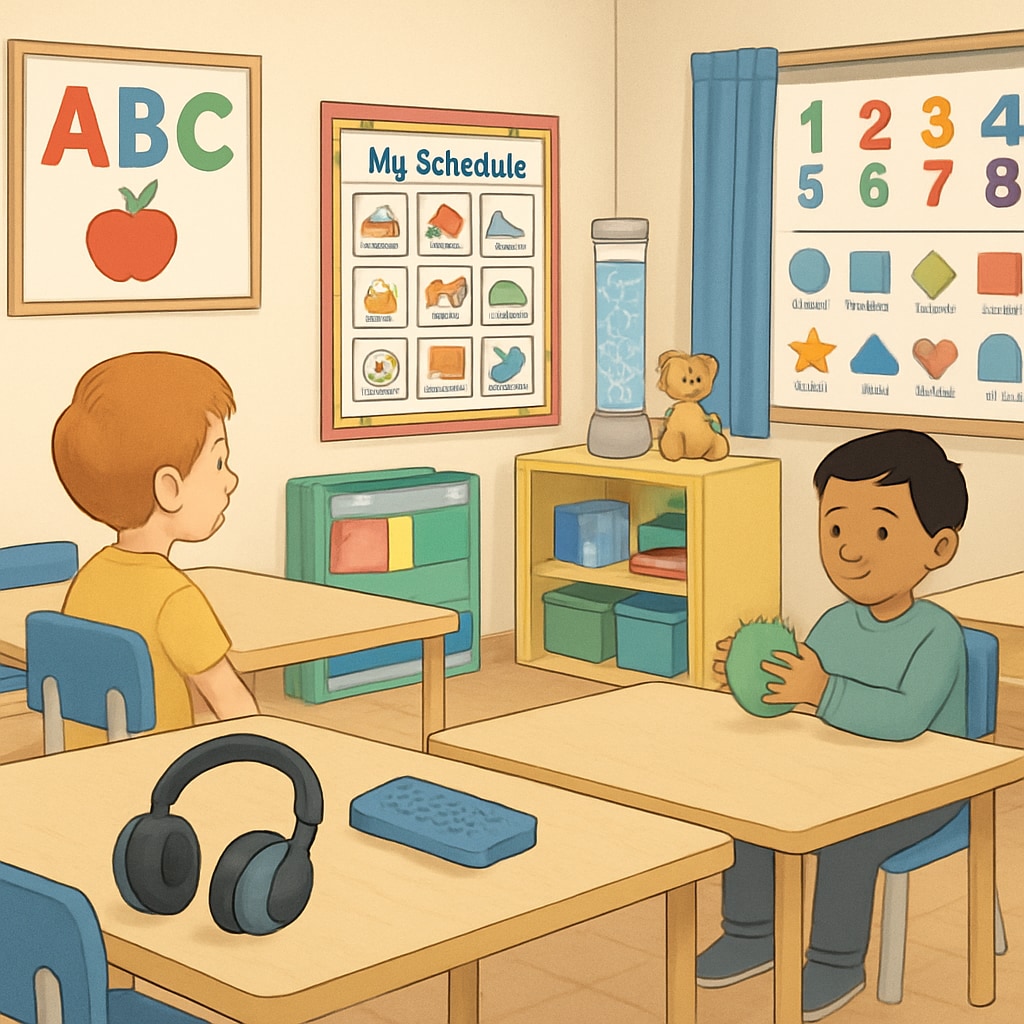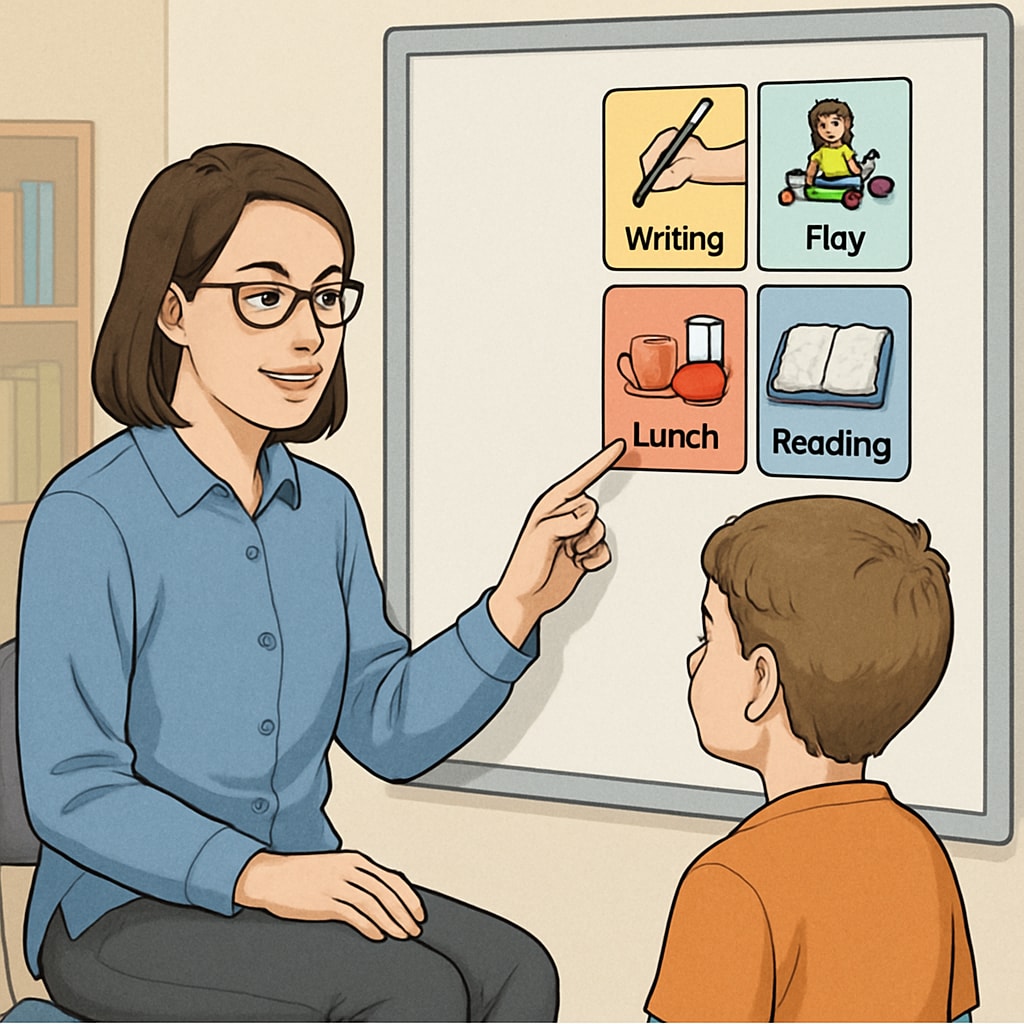Special education, autism, and teacher assistants come together in a unique, challenging, and deeply rewarding field. For those passionate about making a difference in the lives of children with autism spectrum disorder (ASD), the journey begins with preparation, patience, and a commitment to continuous learning. In this article, we’ll explore the challenges faced by special education professionals, the skills and knowledge required to succeed, and how aspiring teacher assistants can thrive in this impactful career.
Understanding Autism Spectrum Disorder and Its Educational Implications
Autism spectrum disorder (ASD) is a complex developmental condition that affects communication, social interaction, and behavior. The educational needs of children with ASD vary widely, depending on where they fall on the spectrum. Some may require minimal support, while others need intensive assistance to navigate academic and social environments.
As a teacher assistant, understanding the characteristics of ASD is essential. For example, many children with autism experience sensory sensitivities, making certain classroom settings overwhelming. Others may struggle with changes in routine or require alternative communication methods, such as picture exchange systems or assistive devices. These challenges necessitate tailored educational strategies to help each child thrive.

Key Skills and Preparation for Teacher Assistants in Special Education
To effectively support children with autism, teacher assistants need a combination of technical skills and emotional resilience. Below are some of the most critical areas to focus on:
- Behavior Management: Developing strategies to handle meltdowns, self-stimulatory behaviors, and social conflicts in a positive and constructive way.
- Communication Techniques: Mastering tools like sign language, visual aids, or augmentative communication devices to bridge gaps in verbal communication.
- Collaboration: Working closely with special education teachers, therapists, and parents to create and implement individualized education plans (IEPs).
- Patience and Adaptability: Recognizing that progress may be incremental and adapting approaches to suit the child’s evolving needs.
- Continuous Learning: Staying updated on best practices and new research in autism education. For instance, the Britannica entry on autism offers valuable insights into the condition’s scientific background.
In addition to technical preparation, aspiring teacher assistants should also focus on emotional readiness. Working with children with autism can be challenging, but it’s also incredibly fulfilling when you see them achieve milestones and gain confidence.

Overcoming Challenges in Special Education
The path of a teacher assistant in special education is not without its hurdles. It’s important to acknowledge these challenges and approach them with a proactive mindset:
- Emotional Burnout: Supporting children with ASD can be emotionally taxing. Practicing self-care and seeking mentorship can help mitigate burnout.
- Maintaining Consistency: Children with autism often rely on structured routines. Teacher assistants must ensure consistency in their approach, even during unpredictable situations.
- Advocating for Resources: Limited resources in some schools may require teacher assistants to advocate for accommodations or tools that benefit their students.
By approaching these challenges with resilience and a growth mindset, teacher assistants can make a significant difference in their students’ lives. For more information on autism spectrum disorder, visit the Wikipedia page on autism spectrum.
The Rewarding Journey of a Special Education Teacher Assistant
While the challenges in special education are real, so too are the rewards. Each day offers opportunities to witness the unique growth and achievements of children with autism. From helping a nonverbal child communicate with pictures to seeing a student master a new skill, the impact of your work is both immediate and long-lasting.
For those considering this career, take time to reflect on your motivations, seek out training opportunities, and connect with experienced professionals in the field. The journey may be challenging, but it’s one that profoundly shapes not only the children you work with but also your own personal and professional growth.
In conclusion, working as a teacher assistant in special education requires preparation, patience, and a commitment to lifelong learning. By equipping yourself with the right skills and mindset, you can make a lasting impact on the lives of children with autism while finding deep fulfillment in your career.
Readability guidance: This article uses short paragraphs and lists to enhance readability. Over 30% of sentences include transition words for smooth flow, and passive voice is minimized. Images are strategically placed to complement the content.


